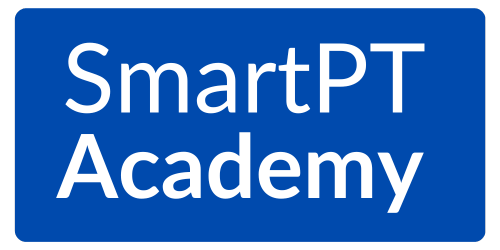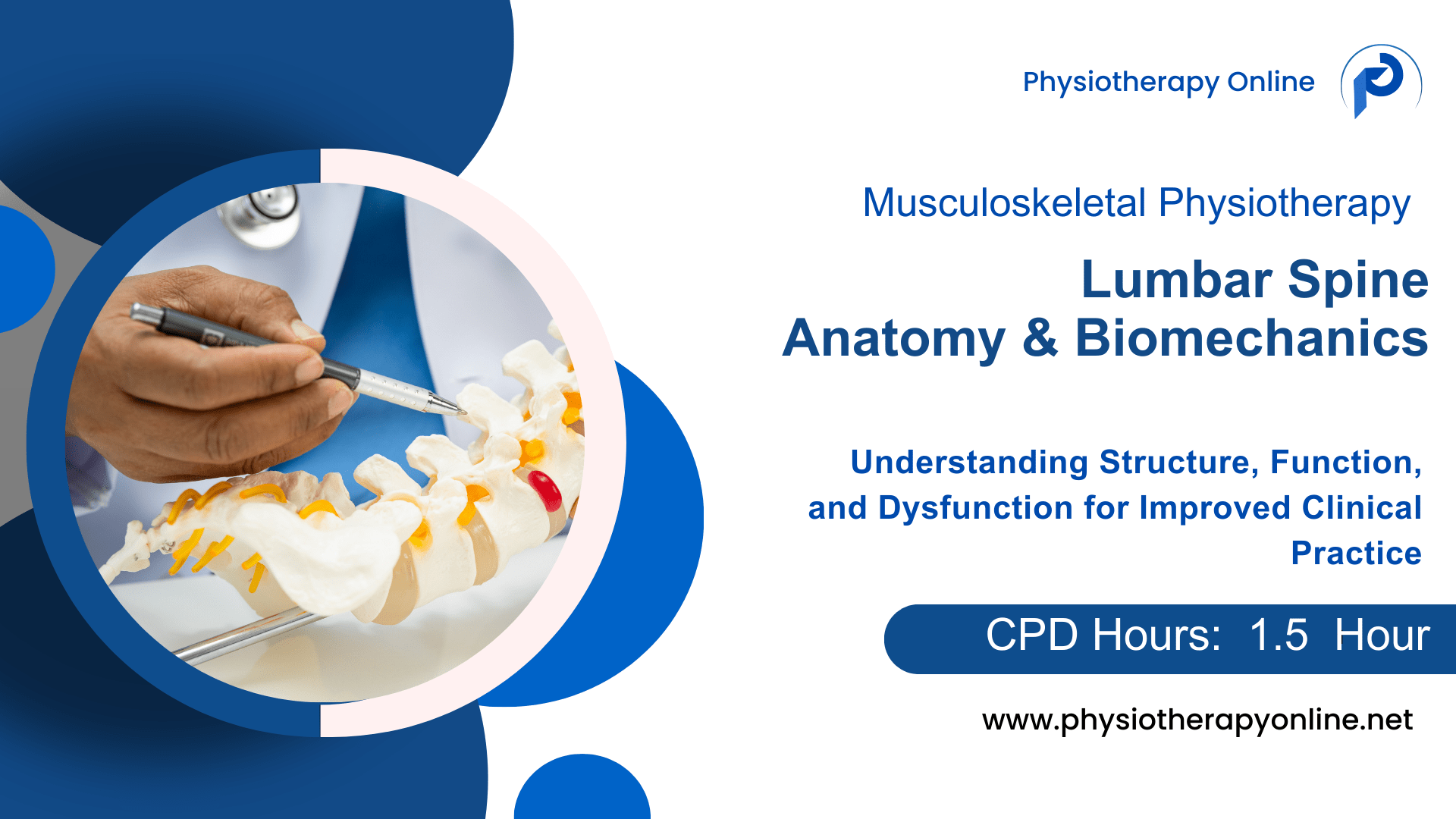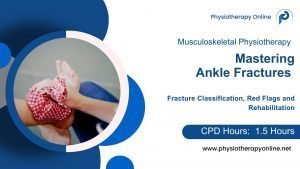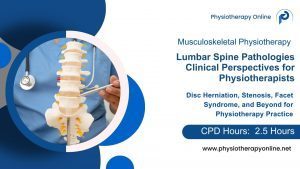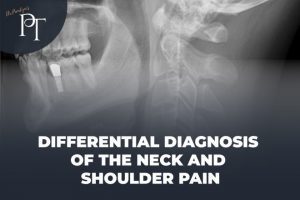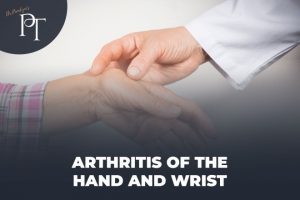This online physiotherapy cpd course describes the structural anatomy of the lumbar spine, including vertebrae, intervertebral discs, facet joints, ligaments, muscles, and neural components. It explains the biomechanical principles governing lumbar spine movement, load distribution, and stability across functional tasks. The cpd course interprets the relationship between anatomical structures and common dysfunctions, such as discogenic pain, facet irritation, and postural imbalances. Finally, it applies anatomical and biomechanical knowledge to inform safe movement strategies, posture education, and early rehabilitation planning.
Course objectives:
Here are the course objectives
- Describe the structural anatomy of the lumbar spine, including vertebrae, intervertebral discs, facet joints, ligaments, muscles, and neural components.
- Explain the biomechanical principles governing lumbar spine movement, load distribution, and stability across functional tasks.
- Interpret the relationship between anatomical structures and common dysfunctions, such as discogenic pain, facet irritation, and postural imbalances.
- Apply anatomical and biomechanical knowledge to inform safe movement strategies, posture education, and early rehabilitation planning.
- Identify the structural components of the lumbar spine, including vertebrae, discs, ligaments, and nerves, and their roles in supporting the body and enabling movement.
- Explain the biomechanical functions of the lumbar spine, such as load transfer, mobility, and stability, and how these are influenced by factors like pelvic incidence and sacral slope.
- Recognize the role of imaging techniques (e.g., X-ray, MRI, CT) in visualizing lumbar spine anatomy and assessing biomechanical changes.
- Analyze the impact of biomechanical stressors (e.g., forward bending, manual handling) on lumbar spine health and their contribution to degenerative conditions.
CPD Credit Hours:
1 Hour
Who Should Enroll
- Physiotherapists
- Musculoskeletal Physiotherapy Specialists
- Sports Physiotherapists
- Orthopaedic Physiotherapists
- Chiropractors
- Osteopaths
- Manual Therapists Rehabilitation Specialists
- Pain Management Practitioners
- Occupational Therapists (working in musculoskeletal/rehab settings)
Resources:
- Downloadable Course Slides & Summary Tools
- CPD Certificate
- 60 Days of Access to Learning Materials
Course Presenter
Gehan Baalawi, BSc (Hons) Physiotherapy, Dip. Health & Social Care
Gehan Baalawi is a conscientious and forward-looking physiotherapist known for her evidence-based approach and emerging expertise in geriatric care. She holds a Bachelor of Science (Hons) in Physiotherapy from the University of the West of England (UWE),Bristol, and a Diploma in Health & Social Care from SGS College—credentials that underscore her dedication to delivering holistic, person-centred care.
Her recent academic research explored the effects of deep slow breathing (DSB) versus spontaneous breathing on pressure pain thresholds in asymptomatic adults, measured using algometry on the tibialis anterior muscle. This work reflects her keen interest in non-invasive interventions that promote physiological resilience and pain modulation.
Clinically and academically, Gehan is invested in the use of validated screening tools, comprehensive assessment strategies, and integrated, multi-component interventions to support positive patient outcomes. She is deeply committed to empowering healthcare professionals by translating current research into practical, impactful physiotherapy education.
Complementing her clinical expertise, Gehan has completed additional training in Mental Health Care Fundamentals, Leadership Skills, and Well-Being and Self-Care—reinforcing her commitment to safe, inclusive, and compassionate practice. She is a registered member of both the Health and Care Professions Council (HCPC) and the Chartered Society of Physiotherapy (CSP) in England.
Disclaimer: Our online physiotherapy CPD courses meet the criteria and guidelines for CPD (Continuing Professional Development). The CPD hours indicated on the certificate contribute towards fulfilling professional standards and requirements necessary for CPD audits conducted by the HCPC and AHPRA. These CPD hours are important for maintaining physiotherapy registration and ensuring compliance with the CPD audit and physiotherapy registration renewal processes. Our courses are recognized as valuable continuing education resources across the UK, Australia, New Zealand, and throughout Asia and the Middle East.
